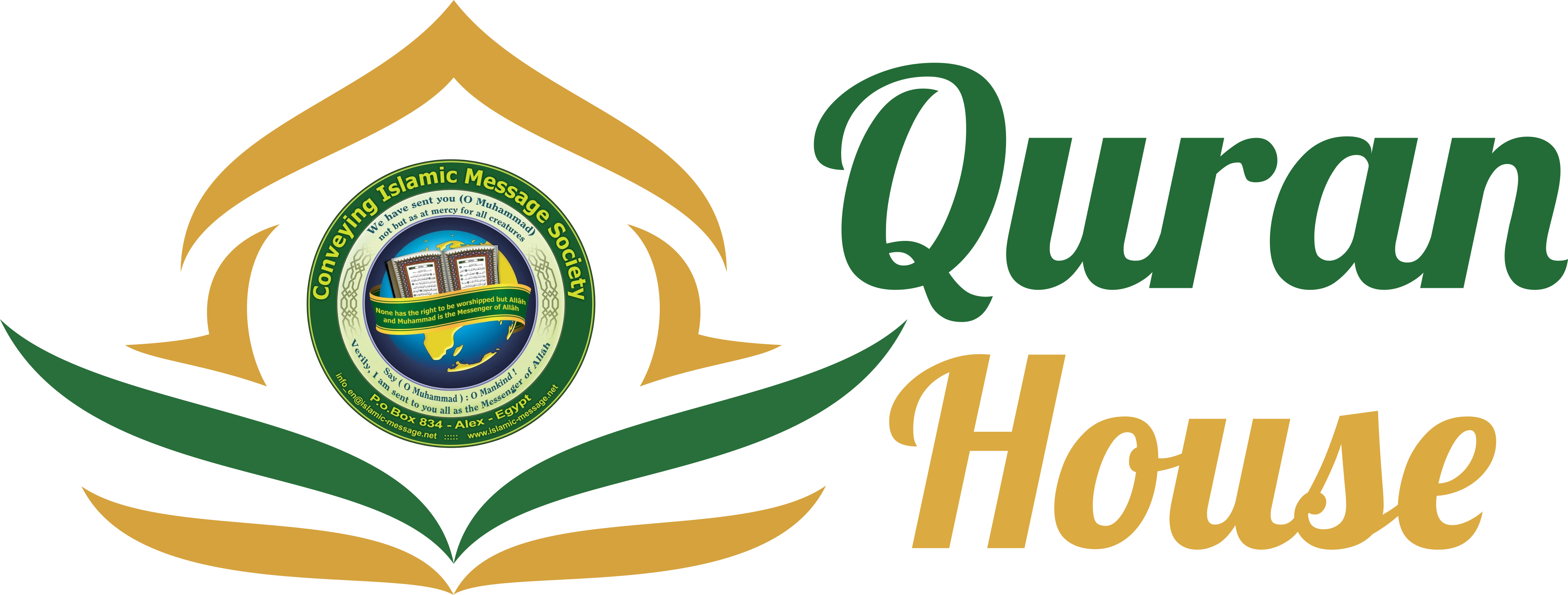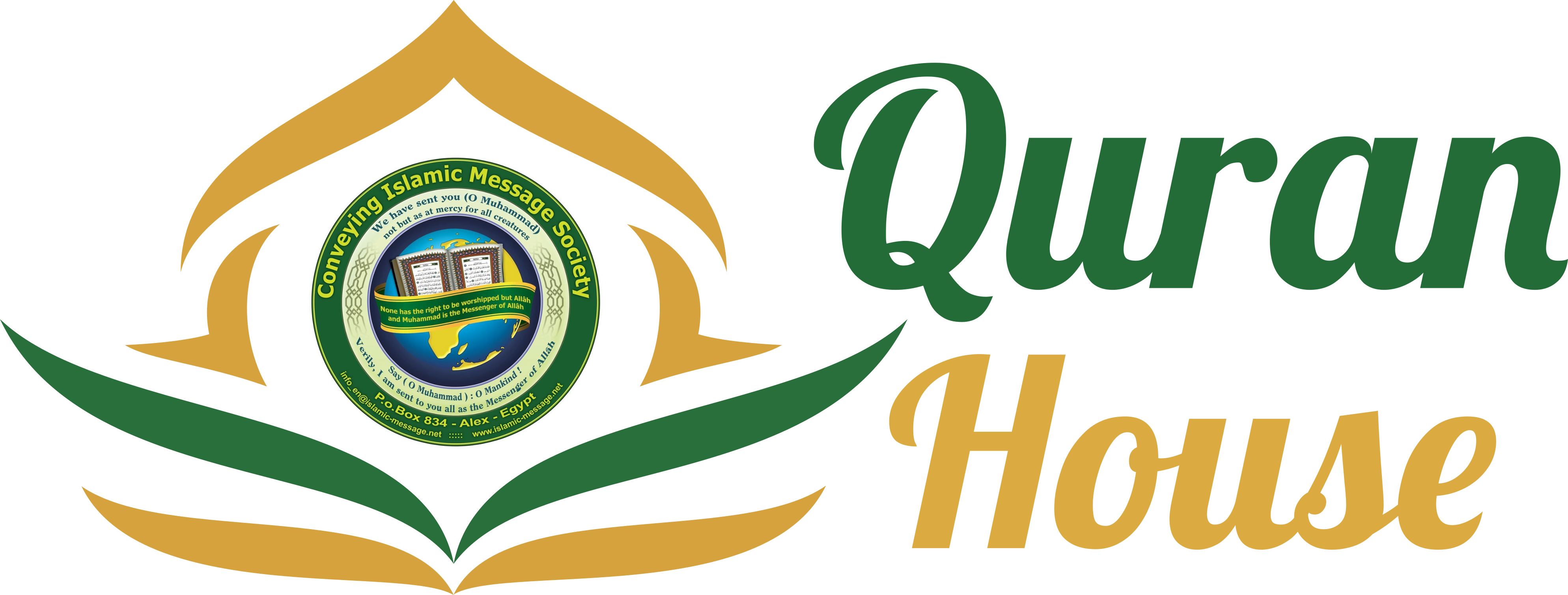How Can New Muslims Read & Understand Quran?


How Can New Muslims Read & Understand Quran?
How Can New Muslims Read & Understand Quran?
First, find a good translation of the meanings of the Quran in your own language.
If it’s your first time reading the Quran, plan a quick overview reading and a second in-depth reading.
Also, listening to the Quran being recited can really help.
If you come across something which is difficult to understand or which you question, don’t be afraid to address those doubts in your heart!
Seek answers from qualified sources. Most of all, allow yourself time to contemplate on the powerful message of the Quran!
Salam Dear Jan and Welcome to Islam,
Thank you for your question and for contacting Ask About Islam.
How Can New Muslims Read & Understand Quran?
You didn’t explain what is your particular problem with reading the Quran?
Is it that you can’t find a good translation in Dutch or English, or that you don’t understand what you read?
Or maybe you can’t find the time to read on regular basis?
The Quran: Not Just a Book
I agree with you that it is very important for Muslims to read The Quran and get a better understanding of its message.
This is how we can learn and practice the basic concepts of Islam as a balanced way of life.
Reading the Quran also shows us the universe in a new light: we learn many amazing facts about ourselves and the different creatures of God, the environmental balance and our role in it, human behavior and relations, financial and economic concepts, and much, much more.
In other words, when we read the Quran we must free our minds and open up our souls to get a much deeper understanding of our world and ourselves.
It’s not just a book of worship and religious rules; it’s a book of wisdom that will change our lives.
Here are some general guidelines, and please feel free to write again and give us your impressions and feedback.
1- Find a good translation in a language you understand well.
For English speakers, I recommend Professor Mohamed Abdel Halim’s modern English translation (THE QURAN, a new translation- Oxford University Press).
Always bear in mind that reading the Quran in any other language than its original Arabic is only an approximation of the meaning and not the exact text, simply because it is impossible to reproduce the same literary experience in any other language.
Dr. Mostafa Mahmoud, a philosopher and scientist, describes the Quranic style:
There is no end rhyme, nor is the Quran written in verse. The prose, however, is so unique that one can detect a law of verbal architecture that governs its internal music pattern. It remains impossible to imitate the structural and rhetorical brilliance of the Quran.
2- Listen to a recitation of the Quran
…from an experienced reader, even if you don’t understand. It’s important to get the feeling of the original text, and it’s mesmerizing to hear its unusual music.
3- If this is your first encounter with the Quran, plan two consecutive readings:
…a quick first look and general reading to get the big ideas, then a second, more thorough reading to delve deeper and get a much closer look at the details.
4- Do not be afraid to challenge what you read.
The Quran actually invites the reader to do just that, as long as you diligently and earnestly try to find the answers, because in the process, you end up re-discovering your true self.
This rewarding journey of mental and spiritual growth is described in the works of many prominent western Muslims such as American Professor of mathematics Jeffrey Lang.
He was challenging the Quran as a fierce atheist, yet couldn’t help but surrender to it eventually, he writes of his first reading:
You cannot simply read the Quran, not if you take it seriously. You either have surrendered to it already or you fight it. It attacks tenaciously, directly, personally; it debates, criticizes, shames, and challenges. From the outset it draws the line of battle, and I was on the other side. I was at a severe disadvantage, for it became clear that the Author knew me better than I knew myself. The Quran was always way ahead of my thinking; it was erasing barriers I had built years ago and was addressing my queries.
5- Allow yourself time to contemplate.
Don’t read the Quran like you read the newspaper, rather, read it as a direct message from God Himself to you in particular!
When you read verses where God talks to the reader, stop and let the message sink in, then allow yourself time to think of yourself and your life in relation to this divine communication, think of how you could put it to good use to adjust your convictions and behavior.
When you read stories about previous nations, find contemporary parallels and try to learn the lessons.
When you read about God’s magnificent creations, think of educating yourself about nature and showing gratitude to Him through respecting life and natural resources.
Think of the Quran as a dialogue or a conversation rather than a one-way communication of do’s and don’ts.
Be brave enough to provide the honest answers to the questions your heart and mind will throw at you while you read.
6- Get additional insights from trusted sources
…about the Quran’s message from different perspectives: scientific, sociological, behavioral, regulatory…etc. in addition to reading about the historical context in which it was revealed, including the biography of the man who transmitted it to us: Prophet Muhammad peace by upon him and his companions.
I advise you to read original writings from fellow Muslims of your native culture, rather than translated works from Arabic, with the exception of a few outstanding works.
Read also about the brilliant achievements of Muslim scientists across history, when they understood and applied the Qur’anic rules of acquiring and applying knowledge to serve humanity as God’s vicegerents on Earth.
A good source is “Lost History, the Enduring Legacy of Muslim Scientists, Thinkers, and Artists” by Michael Hamilton Morgan, National Geographic.
You can also find interesting info online on http://www.muslimheritage.com/
7- Plan to read the Quran in its original language one day by learning Arabic
…and the science of the correct recitation of the Quran called ‘tajweed’.
There are lessons in all the mosques in the world, and there are transliterated Qurans especially for this purpose, to help you pronounce correctly, and many new Muslims have excelled at this and teach others, you can easily find their sites through a simple online search.
The experience is unparalleled if you allow yourself to absorb it in full.
And Allah knows best.


